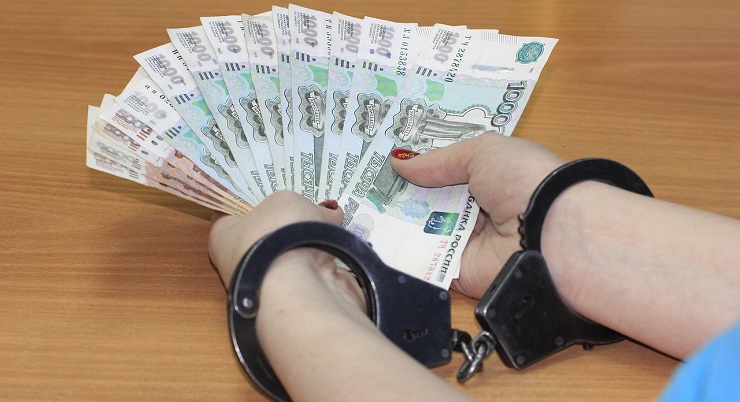 Transparency International defines corruption as the “abuse of entrusted power for private gain.” It states that “corruption erodes trust, weakens democracy, hampers economic development and further exacerbates inequality, poverty, social division and the environmental crisis.” Three scholars, Smriti Sharma, Finn Tarp, and Saurabh Singhal, argue in an article published by The Conversation that corruption also has a psychological cost, notably in developing countries. Here is an excerpt:
Transparency International defines corruption as the “abuse of entrusted power for private gain.” It states that “corruption erodes trust, weakens democracy, hampers economic development and further exacerbates inequality, poverty, social division and the environmental crisis.” Three scholars, Smriti Sharma, Finn Tarp, and Saurabh Singhal, argue in an article published by The Conversation that corruption also has a psychological cost, notably in developing countries. Here is an excerpt:
Corruption is a crime which slows economic growth, undermines development, and causes inequality. With a cost to the global economy estimated at around US$2.6 trillion (£1.8 trillion) a year, it is often linked to politics and profiteering by large corporations. The Panama Papers, for example, exposed the vast and powerful reach of the financial secrecy industry.
But a large volume of the corruption in developing countries operates through “grease money” – informal cash payments to local government officials. This involves people regularly handing over payments for access to everyday public goods and services such as electricity, driving licenses and medical care.
Aside from the financial implications, the often hidden cost of this kind of corruption is its damaging psychological impact. Our research aims to shine a light on how everyday corruption harms mental health in developing countries.
Read the full article here. Read the full article here. Also, visit the main Democracy Chronicles section on World Democracy or our articles on Worldwide Corruption.
Leave a Reply